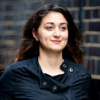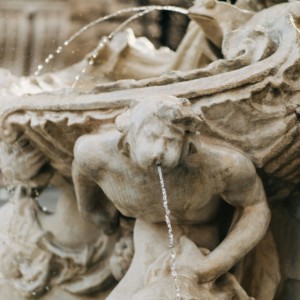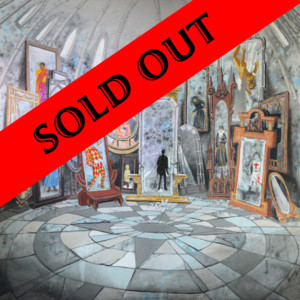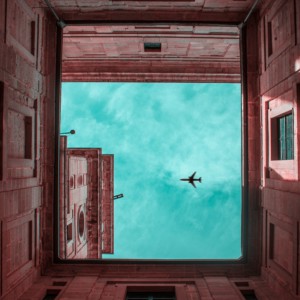SCULPTING LANGUAGE: Women Making Visual Poetry
Explore the sensorial dimension of visual poetry by engaging with the work of exciting, innovative women poets.
‘To feel the Earth as your own skin.’ – Cecilia Vicuña
Existing gender inequalities within patriarchal society predispose women’s encounters with the material as multi-layered. This disparity was recently highlighted by Amanda Earl in her vital anthology Judith: Women Making Visual Poetry in which Earl presents a historical exclusion of women from canonical anthologies of visual poetry. With this in mind, this course celebrates the community of visual poetry as a space of a returned and enduring presence for women – it presents, and engages with, a selection of innovative poets within the field.
Using Amanda Earl’s celebrated Judith anthology as a springboard, this course brings together multiple visual poetries and hands-on techniques to make connections between diverse interdisciplinary women practitioners and their works. Through the discussion of relevant materials, the course will engage with the following questions: What is a sculptural poem? What can a poem in this mode tell us about one’s environment or, more specifically, our shared material landscape? In what ways do tactile encounters widen our understanding of visual poetry?
These questions and more will be approached from a female viewpoint by engaging with and responding to, relevant visual poems from selected contributors of the Judith anthology including Kate Siklosi, Karenjit Sandhu, Audra Wolowiec, Kimberly Campanello, Ines Seidel, and others. A series of accompanying writing prompts in response to these artists will bring together multiple approaches and techniques – such as erasure poetry, sculptural literature, and collaging – to highlight the multidimensionality of female tactile encounters and the common themes occurring among their varied subjectivities.
With over 1,100 women making visual poetry today (as per by Amanda Earl), there is an abundance of women experimenting with visual-verbal qualities, enough to demonstrate the feminine values of fluidity and multiplicity, enough to show resistance in a world fuelled by injustices. If you are keen to experiment with language in interesting ways, then this course is for you!
5 fortnightly sessions over 10 weeks. No live chats. Suitable for UK & International students.
Concessions & Accessibility
To apply for a concessionary rate, please send relevant documentation showing your eligibility for one of our concessions to [email protected]; conditions of eligibility are detailed here. If you have any questions, wish to be added to the waiting list of a sold-out course, or require any form of adjustment to access our courses, please email [email protected]. For more information visit our Online Courses page.
Image credit:
About Astra Papachristodoulou  View Profile
View Profile
Astra Papachristodoulou holds a PhD in Creative Writing from the University of Surrey. Her practice-based doctoral project was funded by the Doctoral College Studentship Award and explored sculptural poetics as a revolutionary act in the context of the Anthropocene. She is a widely published author with work featured in UK and international magazines including Buzdokuz, Resurgence & Ecologist and BeeCraft. Astra is the author and editor of several books including Constellations (Guillemot Press) and Temporary Spaces (Pamenar Press), and her work has been translated into Turkish, Korean, German, Russian, Slovenian, and Spanish. Astra is the founder of Poem Atlas, an exhibition platform and publisher of visual poetry, and her work has been exhibited in venues in the UK and internationally including The National Poetry Library, Kew Gardens, Librairie Métamorphoses, Škuc Gallery and Christie’s, London.
"The Poetry School has opened my eyes to the numerous possibilities of poetry-related tasks, some involving other complementary arts such as drawing and photography. I have benefited hugely in terms of reading lists, suggestions, and simply the space in which to experiment. These courses help to build confidence and are so enjoyable. They can be stretching, too!"
 Italian Influencers: Transreading Italian Poetry
Italian Influencers: Transreading Italian Poetry Myth, Magic, & Monsters: Ancient Stories, New Truths
Myth, Magic, & Monsters: Ancient Stories, New Truths Taking a Position: Points of View Studio
Taking a Position: Points of View Studio